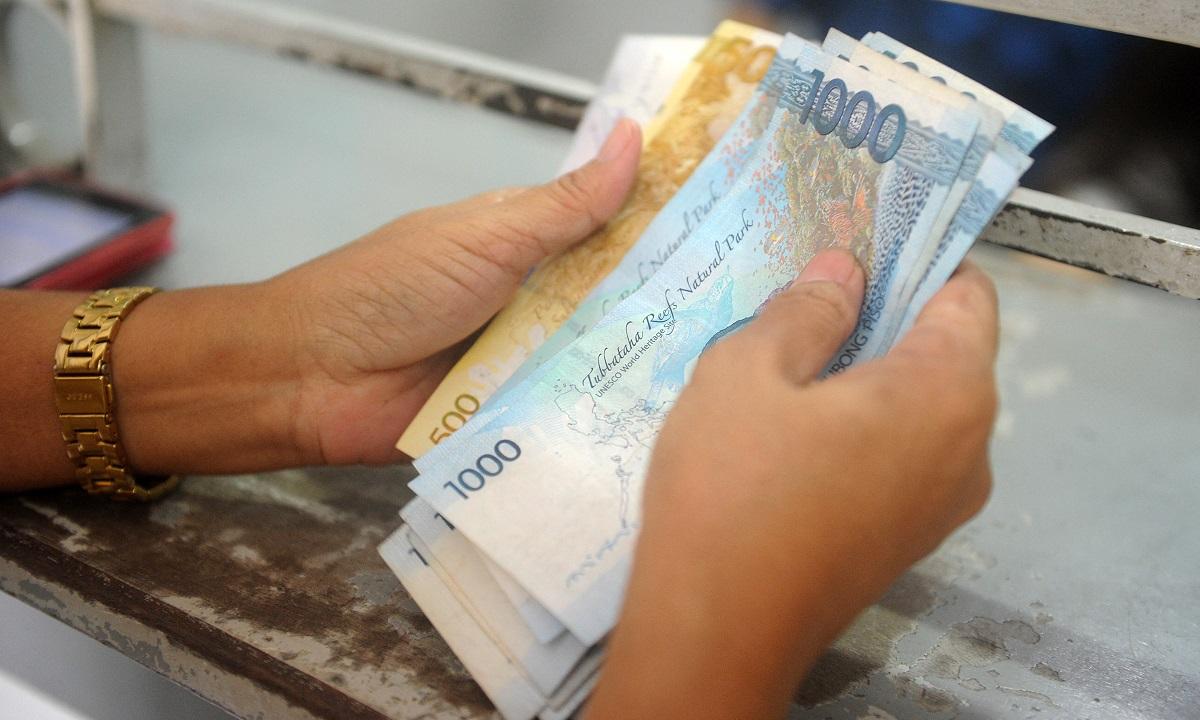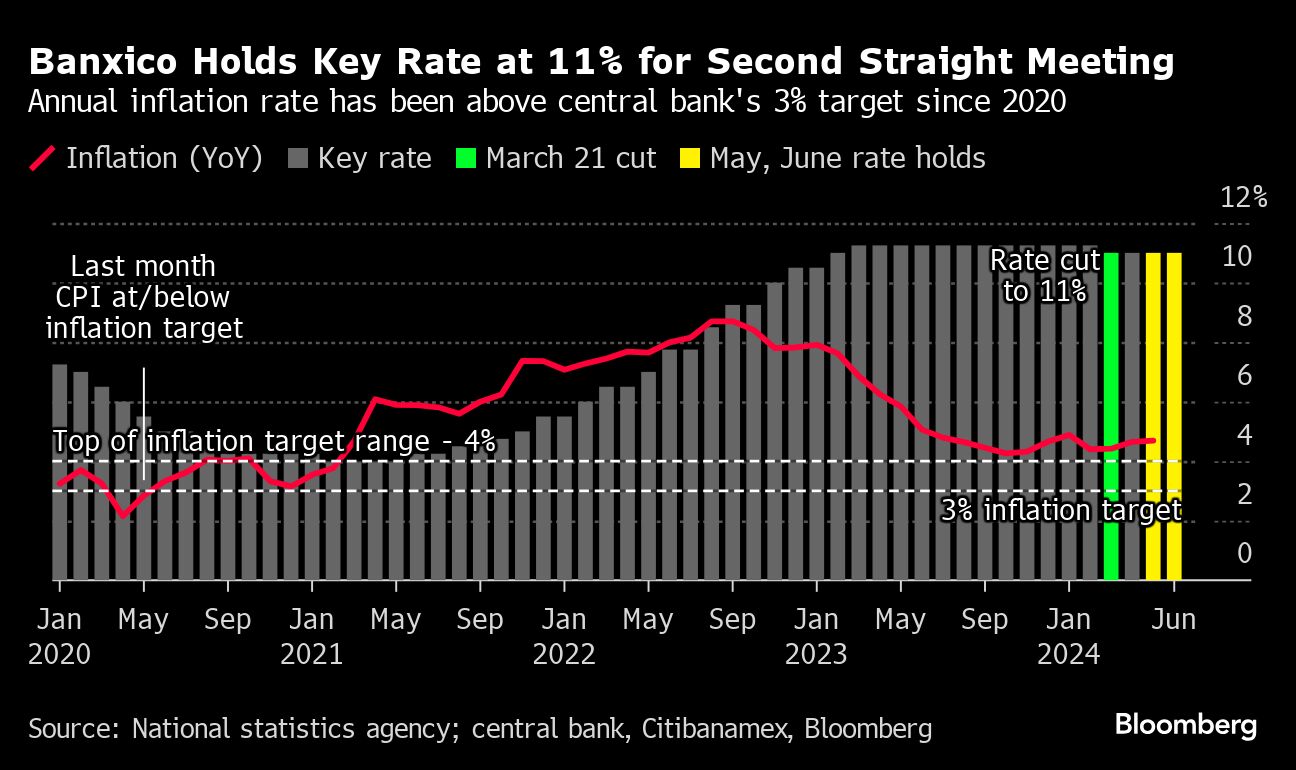
REMITTANCES HIT 11-MONTH LOW IN APRIL
Remittances fell to an 11-month low in April after the seasonal increase recorded in the previous month, with inflows expected to be dragged down by the risk of an economic slowdown in the United States and other countries that host a large number of overseas Filipinos.
Data released by the Bangko Sentral ng Pilipinas (BSP) on Monday showed that cash remittances or money transfers through banks or formal channels stood at $2.562 billion in April, the lowest in 11 months since May 2023’s $2.494 billion.
The latest inflows compare with the $2.738 billion in the previous month, and the $2.485 billion in April 2023.
Personal remittances — the sum of transfers sent in cash or in-kind via informal channels — were recorded at $2.859 billion, lower than the $3.051 billion in March, but higher than the $2.773 billion in April 2023.
Year-to-date cash remittances grew by 2.8% to $10.782 billion, while personal remittances increased by 2.8% to $12.010 billion.
“The growth in cash remittances from the United States, Saudi Arabia, and Singapore contributed mainly to the increase in remittances in the first four months of 2024,” the BSP said in an accompanying statement.
The United States accounted for 41.1% of the remittances for the first four months, followed by Singapore with 7.0%, Saudi Arabia with 6.0%, Japan with 5.1%, the United Kingdom with 4.5%, the United Arab Emirates with 4.2%, Canada with 3.2%, Qatar with 2.8%, and South Korea and Taiwan with 2.7% each. Other countries accounted for the remaining 20.6%.
Remittances are expected to continue growing in the coming months, albeit only modestly, as the Philippines continues to face elevated inflation.
“For the coming months, single-digit/modest growth in OFW remittances could still continue as OFW families/dependents still need to cope with relatively higher prices/inflation locally that would require the sending of more remittances,” Rizal Commercial Banking Corp. (RCBC) chief economist Michael Ricafort said in a separate commentary.
Inflation clocked in at 3.9% in May, the fastest in six months since consumer prices grew by 4.1% in November 2023. This is also at the upper bound of the central bank’s 2.0% to 4.0% target range.
The BSP’s Monetary Board, in its latest monetary policy meeting on May 16, decided to keep policy rates at 17-year highs, even as it revised its risk-adjusted inflation outlook for 2024 downward to 3.8% from 4.0% previously.
“Risk of economic slowdown or even recession in the US, as well as in other countries that host large number of OFWs, partly due to aggressive Fed rate hikes since March 2022… would still be a drag for OFW remittances especially if there would be job losses,” Ricafort said.—AOL, GMA Integrated News
This article Remittances hit 11-month low in April was originally published in GMA News Online.
2024-06-17T06:06:21Z dg43tfdfdgfd











